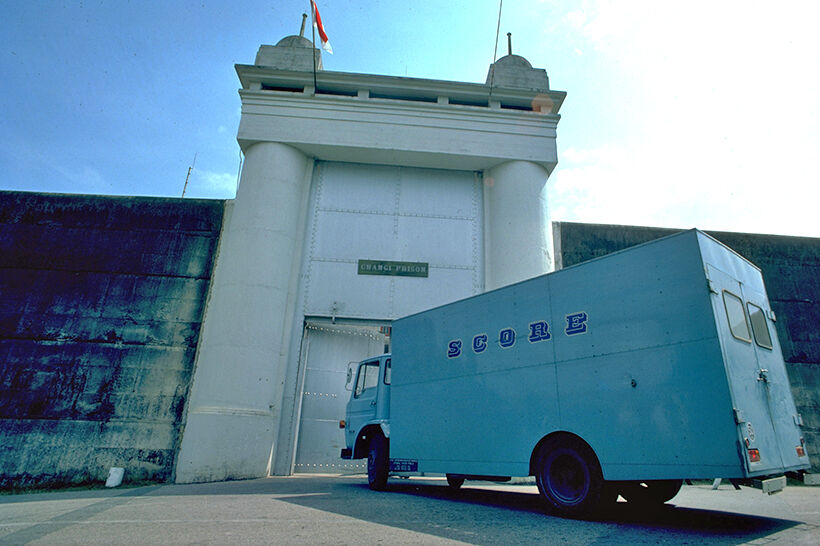Singapore executes two men for heroin trafficking

Singapore has executed two convicted drug traffickers, in what anti-capital punishment and human rights campaigners fear could be a “new wave” of hangings in the city state.
The 48 year old Singaporean Norasharee bin Gous and 31 year old Malaysian national Kalwant Singh had their capital sentences carried out yesterday at the Changi Prison Complex. Their executions follow another execution in April this year when Singapore controversially hanged a man with intellectual disabilities. The total number of executions this year is now four.
Singapore authorities announced on Tuesday that both Norasharee and Singh had “exhausted their legal appeals.”
“Both were convicted of drug trafficking and sentenced to the mandatory death penalty.”
Both the executed men were sentenced to death in June 2016.
Singh was found guilty of possessing 60.15 grams of heroin and trafficking 121 grams of the drug. Norasharee was convicted of soliciting a man to traffic 121 grams of heroin.
Singh launched a final appeal the day before his execution. His lawyers argued that he provided authorities with information that ended up in the arrest of an alleged drug smuggler.
But a three-judge panel dismissed the appeal, saying drug-enforcement officials didn’t use any of Singh’s information to arrest a key suspect.
In Singapore, being convicted of trafficking more than 15 grams of heroin will receive the country’s mandatory death sentence under the Misuse of Drugs Act. The act was recently amended to allow for a convicted person to escape the death penalty “in certain circumstances”.
In April, Singapore executed 34 year old Malaysian Nagaenthran Dharmalingam. The case sparked an international outcry after psychologists assessed him as “intellectually disabled” with an IQ of 69. He was earlier arrested in 2009 for trafficking 42.7 grams of heroin and sentenced to death in 2010.
The case of Nagaenthran Dharmalingam, and this week’s executions, are putting Singapore’s zero-tolerance drug laws back under scrutiny. But Singapore officials staunchly defended its decision, saying the man had been given a fair trial.
Amnesty International’s Deputy Regional Director for Research ( for East Asia, Southeast Asia, & the Pacific, Emerlynne Gil, is now urging Singapore to “immediately impose a moratorium on executions”.
“Singapore has once again executed people convicted of drug-related offences in violation of international law, callously disregarding public outcry.”
“Going against a worldwide trend towards abolishing the death penalty, Singapore is just one of four countries known to have executed people for drug-related offences in recent years. The death penalty is never the solution and we oppose it unconditionally. There is no evidence that it acts as a unique deterrent to crime.”
South East Asia’s tough drug laws, including in Singapore, have done little to stem the region’s multibillion-dollar illicit drug trade. The Anti-Death Penalty Asia Network issued a statement last week…
“The government of Singapore’s persistence in maintaining and utilising the death penalty has only led to global condemnation and tarnishes Singapore’s image as a developed nation governed by the rule of law.”
Singapore’s tightly controlled state media has not reported the executions.
SOURCES: CNN | DW | Amnesty International
Latest Thailand News
Follow The Thaiger on Google News:
































